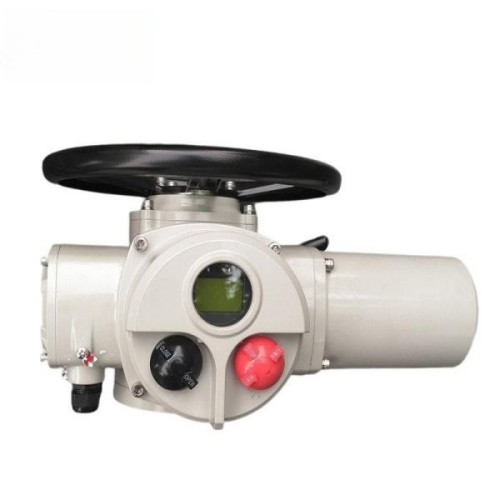Industrial Plug Valve Applications and Benefits for Efficient Fluid Control Systems
Understanding Industrial Plug Valves Design, Functionality, and Applications
Industrial plug valves are crucial components in various piping systems, offering a combination of efficient flow control, easy operation, and versatile applications. Their design and functionality make them suitable for a wide range of industrial processes, including those in the chemical, petrochemical, water treatment, and oil and gas industries. This article explores the essential aspects of industrial plug valves, their operational principles, advantages, and applications.
What is a Plug Valve?
A plug valve is a type of rotary valve that utilizes a cylindrical or conical plug to control the flow of fluids through it. The plug can be turned to either block the flow or allow it to pass through. Plug valves are known for their simple design, which typically includes a valve body, a plug, and a handle or actuator. The plug includes ports that align with the pipeline when opened, permitting fluid to flow without significant resistance.
Design Characteristics
Industrial plug valves are available in various designs, including two-way, three-way, and four-way configurations, making them adaptable for different applications. The plug valves can be made from a variety of materials, including metals like stainless steel, carbon steel, and brass, as well as plastic materials for specific corrosive environments. The seat material often includes Teflon or other elastomers, providing a tight seal and minimizing leakage.
One of the significant advantages of plug valves is their ability to maintain a tight seal, even under high pressure and temperature conditions. Their straightforward mechanism reduces wear and tear, resulting in longer service life compared to other valve types. Furthermore, plug valves can be operated manually through a handwheel or automatically using actuators for remote control.
Functionality
The primary function of a plug valve is to control fluid flow. When the plug is turned, it either aligns the ports with the inlet and outlet pipes, allowing fluid to flow, or it rotates to block the flow. This functionality allows for quick on/off control, making plug valves ideal for applications requiring minimal resistance to flow.
Another notable feature is the valve’s ability to handle slurries and viscous fluids due to its smooth internal surfaces. The flow path design minimizes turbulence and pressure drop, ensuring efficient operation.
industrial plug valve

Advantages of Plug Valves
1. Simplicity and Durability The simple design of plug valves leads to fewer moving parts, reducing the likelihood of failure and facilitating ease of maintenance.
2. Tight Sealing The plug design allows for excellent sealing capabilities, making them ideal for applications where leakage cannot be tolerated.
3. Versatility Plug valves are versatile and can be used in various systems, including flow diversion, mixing, and sampling applications.
4. Low Flow Resistance The streamlined internal design ensures minimal disruption to flow, enhancing system efficiency.
Applications
Plug valves find application across numerous industries.
- Oil and Gas Used in upstream, midstream, and downstream segments for flow control in pipelines and processing facilities. - Chemical Processing Ideal for handling aggressive fluids and slurries, plug valves are often employed in reactors, separators, and storage tanks. - Water Treatment Used in systems for controlling the flow of water and wastewater, ensuring a reliable sealing mechanism to manage the flow rates. - HVAC Systems Employed for controlling chilled water flows and other heating and cooling processes.
Conclusion
Industrial plug valves play a pivotal role in fluid control across various sectors. Their unique design and functionality offer significant advantages in terms of operational efficiency, durability, and versatility. As industries continue to evolve, the demand for reliable and efficient flow control solutions like plug valves will undoubtedly persist, making them an integral component of modern industrial applications. Whether in pipelines, processing facilities, or treatment plants, understanding the role and benefits of plug valves is essential for engineers and operators in maximizing system performance.
-
Breakthrough in Domestic Low Temperature Valve Technology in ChinaNewsAug.18,2025
-
From Machinery to Intelligent Brain: The Digital Transformation Wave of the Valve IndustryNewsAug.18,2025
-
PCVEXPO 2025NewsAug.18,2025
-
The Key to Fluid Control: Exploring the Advantages of Ball Valves in Industrial SystemsNewsJul.09,2025
-
The Versatile World of 1, 2, and 3 Piece Ball ValvesNewsJul.09,2025
-
Stainless Steel Ball Valves: The Ideal Choice for Efficient Flow ControlNewsJul.09,2025
-
Optimizing Fluid Control with Ball Float ValvesNewsJul.09,2025




